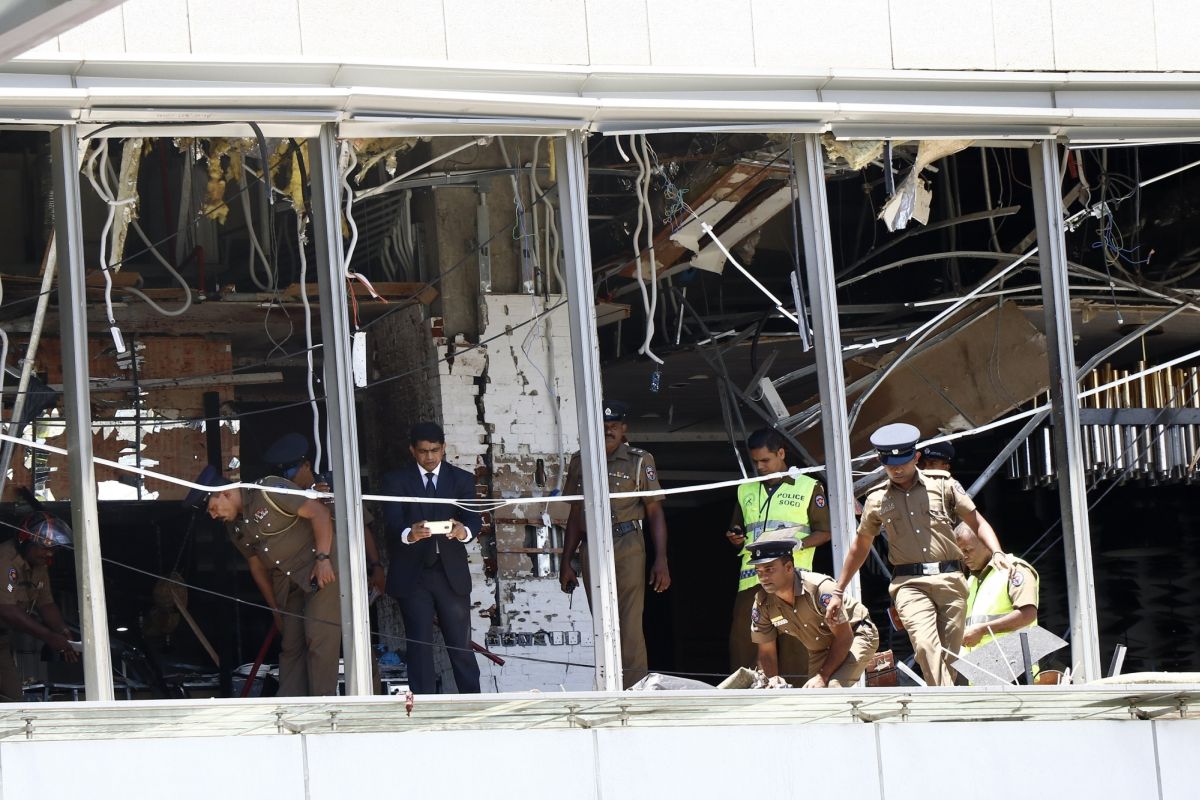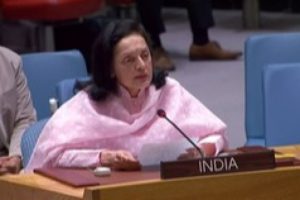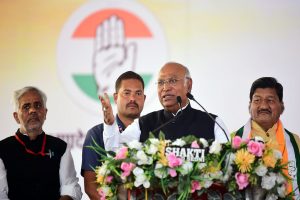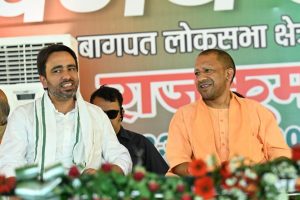An intergovernmental advisory body at the United Nations that supports peace efforts in conflict-affected countries strongly condemned the “inhumane” terror attacks in Sri Lanka, saying the attacks came not long after the island nation had presented to it the country’s progress in advancing transitional justice through strengthening democracy.
The UN Peacebuilding Commission “condemns in the strongest terms” the series of “heinous and cowardly” terrorist attacks committed on Easter Sunday in Sri Lanka against innocent civilians with over 321 deaths and more than 500 injured.
The “inhumane” attacks occurred not long after April 17 when the Sri Lankan government came before the Peacebuilding Commission to present the country’s “progress in advancing peacebuilding and transitional justice in Sri Lanka through strengthening democracy, good governance, reconciliation and fostering development”, the Commission said Tuesday.
The Commission calls to the international community for urgent and collective support and reaffirms its commitment to stand together in support of peacebuilding and sustaining peace efforts in Sri Lanka.
The Islamic State claimed responsibility for the devastating suicide attacks carried out by seven suicide bombers.
The Peacebuilding Commission (PBC) is an intergovernmental advisory body that supports peace efforts in conflict-affected countries and is a key addition to the capacity of the international community in the broad peace agenda.
It is composed of 31 Member States, elected from the General Assembly, the Security Council, and the Economic and Social Council.
The top financial contributing countries and the top troop-contributing countries to the United Nations system are also its members.
Meanwhile, the UNICEF said that 45 children are among the dead so far, while several of them have been injured and orphaned in the attacks.
UNICEF said it is deeply shocked and saddened by the “terrible violence” directed against families, including children, gathered in churches and hotels on Easter Sunday across Sri Lanka.
“UNICEF condemns this violence in the strongest possible terms. No child or parent should experience such violence or loss. Every child has the right to safety and security,” it said.
While reports of how these attacks have affected children and adolescents is still coming in, the UNICEF said that it now knows that 45 children both Sri Lankan and of other nationalities have been killed, with many more fighting for their lives in hospitals.
Many children have lost one or both parents, and countless have witnessed shocking and senseless violence.
It noted that these figures are likely to change as more information is made available by the authorities.
The UNICEF is working closely with government partners to collect reliable information on the situation of affected children and adolescents.
As of now, the UNICEF has identified that some hospitals where children are admitted are in need of essential medical supplies. The UN agency is in the process of procuring and providing needed supplies.
Children who have been separated from parents are in need of support to identify relatives and connect with their families, while those who have lost parents require permanent placements.
The UNICEF said that it is providing financial and technical assistance to Probation Services to help reunite children with their parents or place them with family members and caregivers. Psycho-social support and counselling is also identified as a major need.
In the days, following the tragedy, the UNICEF is continuing to provide support to the Ministry of Women and Children Affairs and the Ministry of Health in coordinating data collection and to ensure that children and adolescents are prioritized in this response.











